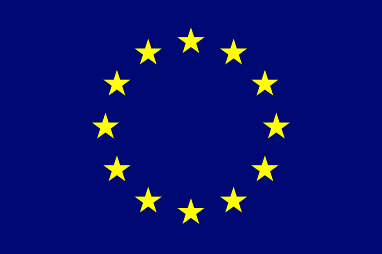Disinformation Endangers Humanitarian Action — What Can We Do About It?
On 8 October, VOICE and Fondation Hirondelle convened a high-level workshop at the Belgian Ministry of Foreign Affairs to examine how disinformation and misinformation are reshaping humanitarian action. Around 30 experts from humanitarian organisations, EU institutions, Member States, and media support actors came together under the Chatam House Rule for an open and frank discussion on a challenge that is rapidly eroding humanitarian space.
Participants agreed that disinformation, misinformation and other forms of information manipulation are now a structural threat to principled humanitarian action. False or distorted narratives — whether driven by state or non-state actors, foreign or domestic — increasingly aim to discredit humanitarian organisations, delegitimise their neutrality, and restrict access to affected communities. In several contexts, from the Sahel to Sudan and migration routes, misinformation has led to operational restrictions, harassment, and even the criminalisation of humanitarian work.
The workshop highlighted that information manipulation does not only spread online. Radio, television, community networks, markets, and face-to-face interactions all play a role, reflecting how information ecosystems vary significantly across crises. With social media and AI accelerating the speed and reach of harmful content, rebuilding trust with affected communities has become harder — yet more essential — than ever.
Despite the challenges, participants identified clear areas for action. These include stronger monitoring and analysis of disinformation trends, building the capacity of humanitarian staff, and supporting constructive, solutions-oriented journalism to counter news fatigue. Strengthening partnerships with local media, investing in media literacy for communities, and developing coherent, sector-wide narratives in defence of humanitarian action were highlighted as essential steps.
A central message emerged across the discussions: information is aid. Ensuring that affected populations receive accurate, reliable information is fundamental to protection, access, and principled humanitarian action. Addressing disinformation requires a multidisciplinary, coordinated effort across humanitarian, media, and policy spheres.

